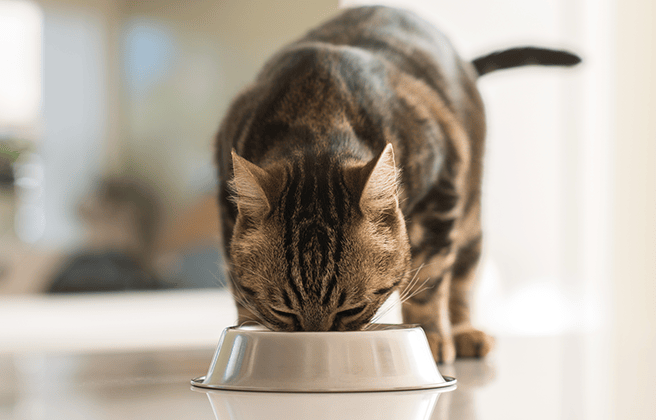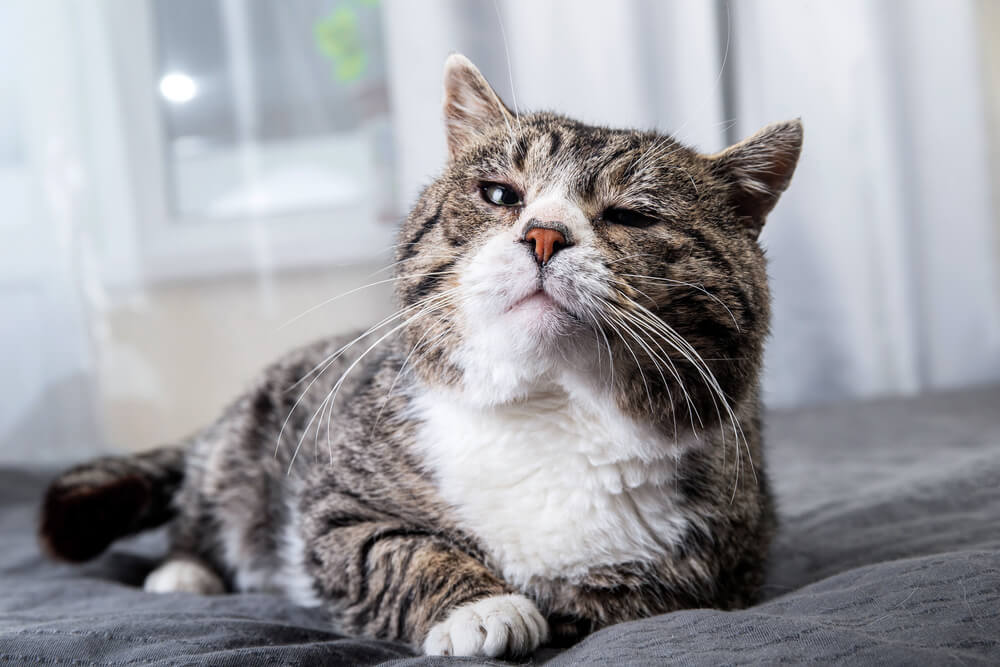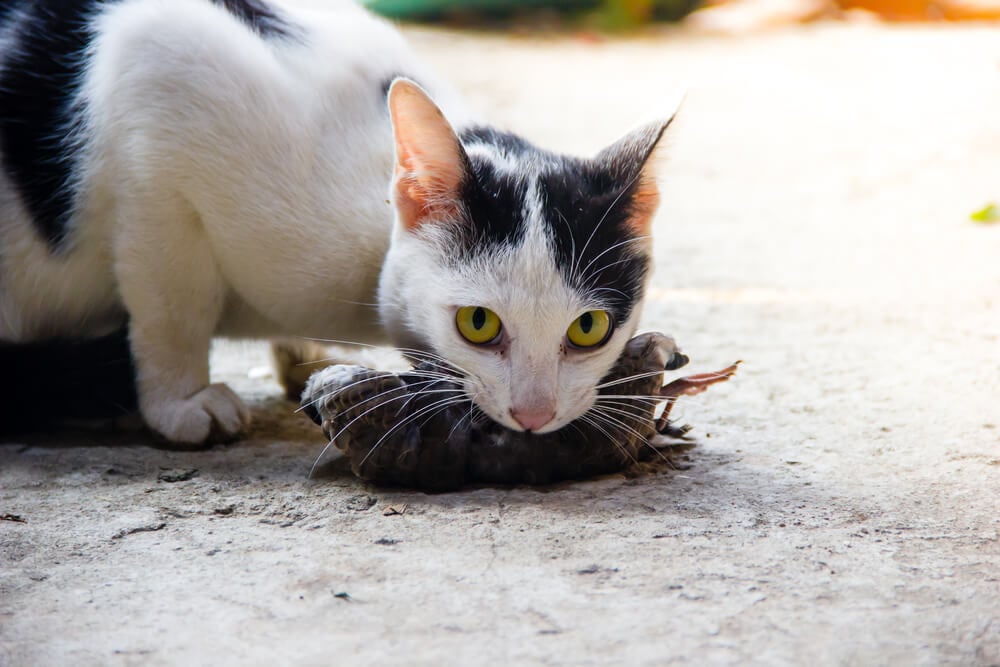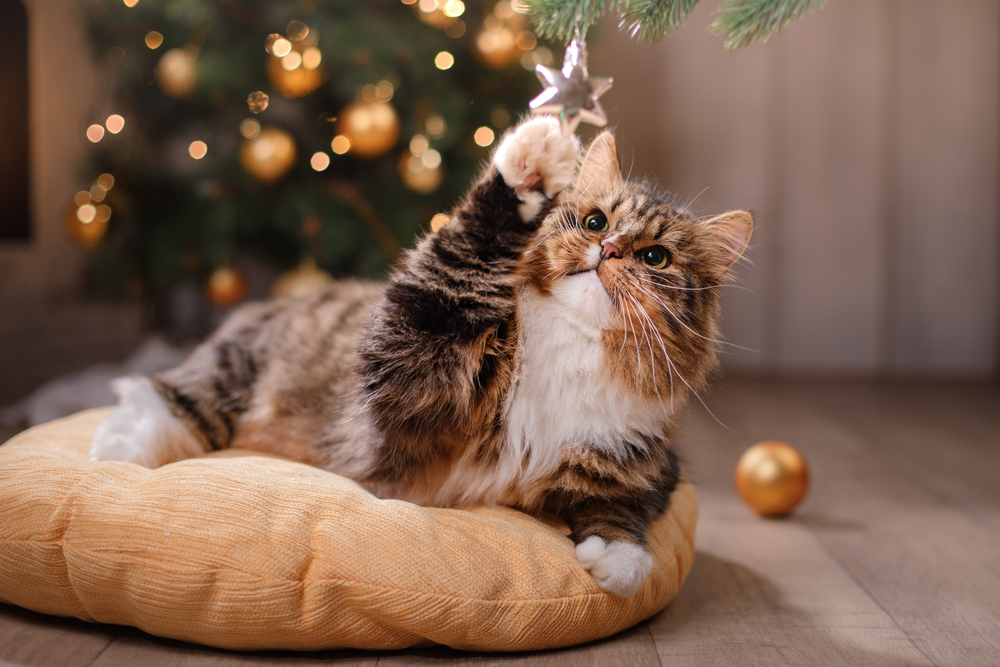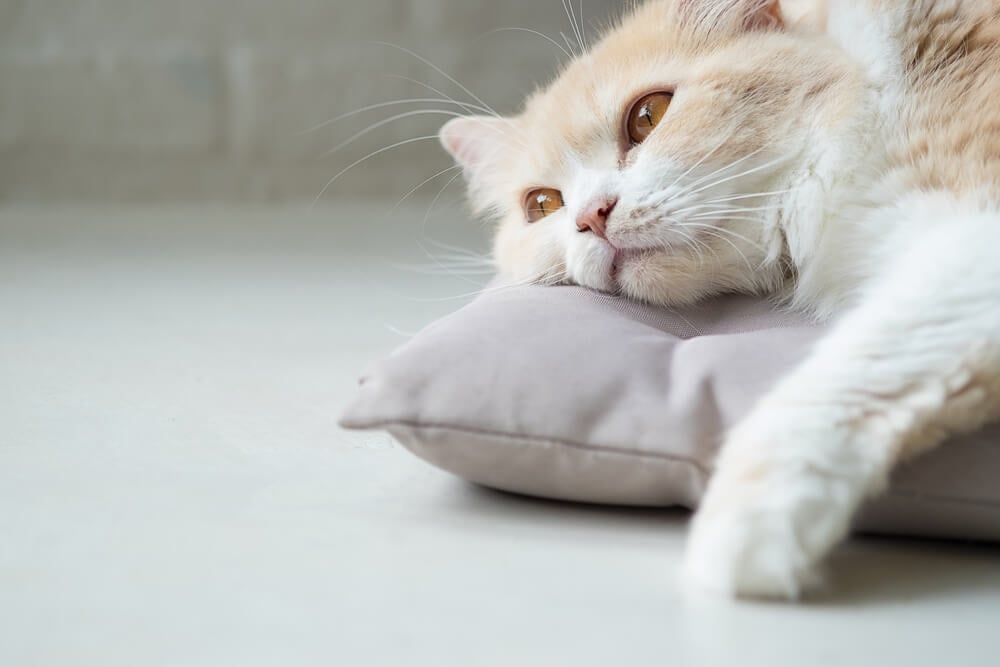
Have you ever wondered what your cat’s diary might look like?
Day 1: Woke up, yawned, stretched, checked food bowl, enjoyed a delicious chicken-based meal. Life is good!
Day 967: Woke up, yawned, stretched, checked food bowl, ate a slightly-less-delicious-but-I’ll-eat-it-all-the-same chicken-based meal. Life is ok.
Day 1,588: Woke up, yawned, stretched, checked food bowl, please don’t let it be the same chicken-based meal… sigh. It is. Life is boring.
As pet parents, having the same meal over and over, day after day, can become tedious and unappetizing. Your palate becomes stale and unresponsive, there are no surprises, your body craves different tastes and boredom sets firmly in. The thought of a Michelin-starred tasting menu leaves you drooling on to your plate of chili con carne. Cats will suffer the same experience, but with less thoughts of tasting menus and more dreams of rodents or tuna.
Although cats thrive on routine, they also enjoy a varied diet in the wild, eating whatever animals and insects they can hunt and kill, from birds, mice, and lizards to small insects. So although it’s perfectly fine to give them the same food every day if it’s a complete, balanced diet, it could eventually lead to behavioral difficulties, problems with eating, and stress on cats’ delicate digestive systems.
If you think your cat is bored of the same food every day, here’s how to spot the signs and change their diet.
How do you tell if your cat is bored of their food?
Undereating
One clear sign is that your hungry cat does not enjoy their food is if they don’t consume all of what you put in their bowl. If you’ve noticed your cat is not eating as much as usual, it could be down to a number of reasons, including illness, so if you’re worried, your first point of call should be your vet, especially if you’ve noticed they’re losing weight or any other symptoms that go alongside the lack of appetite.
Other reasons your cat may not be eating as much as normal is they’ve been hunting more, there’s been a change in their routine or something new introduced, such as moving house or the arrival of a baby or additional pet.
If you can rule out all other options, then potentially the reason could be boredom with the food you’re serving, especially if it’s the same meal day after day.
Lethargy
If your cat is eating less, this can lead to a lack of energy and resulting inactivity. So if you notice that your cat is not their usual perky self and prefers to sleep rather than play, it may stem from boredom with their food.
What to do if your cat’s bored of their food?
Change the type of food
If you usually give your cat dry food/kibble, try changing it for wet food or raw food. Or, failing that, offer them a mix of wet and dry food — variety in textures and flavors might be the answer to their indifference to their old food. Ensure the new foods are complete and cover all their requirements for a balanced diet.
Change the ingredients
Small changes to ingredients can increase interest in food for your cat. New tastes, smells and flavor combinations can inspire a newfound fervor when eating, eradicating boredom and making mealtime a hearty pleasure for your cat.
You could also try adding small treats to their food to help entice them — some of their favorite treats or a little home-cooked chicken, beef or salmon could see their interest piqued.
Make changes gradually
If you do plan to alter their diet, it’s recommended that you introduce changes gradually rather than going all-in on day one. Add some of the new food to their existing meals, slowly increasing the amount each day until you can fully replace it. This will reduce the chance of stomach issues or allergic responses from your cat.
Introduce play before food
By instinct, cats are hunters, and in the wild they would have to track down prey in order to eat. Domestic cats are presented with their food, removing all the energy-sapping fun of hunting, so to drum up interest, try playing games with your cat directly before their mealtime. It gets them stimulated, their hunting instinct is activated and they’re worked up about eating when they finally receive their dinner.
Alternatively, puzzle feeders or feeding toys can help cats with strong hunting instincts, making your feline companion work for their food and presenting a reward for their strenuous mental and physical efforts.
We uphold the highest editorial standards when creating the authoritative content pet parents rely on and trust.
Every piece of clinical content on the Cat Food Advisor is reviewed by our certified Veterinary Advisory Board, which consists of licensed veterinarians and medically certified specialists.
Our reviews are completely independent; we are not paid by any pet food company to promote their products favorably. We do not accept money, gifts, samples or other incentives in exchange for special consideration. For more information see our Disclaimer & Disclosure page.




